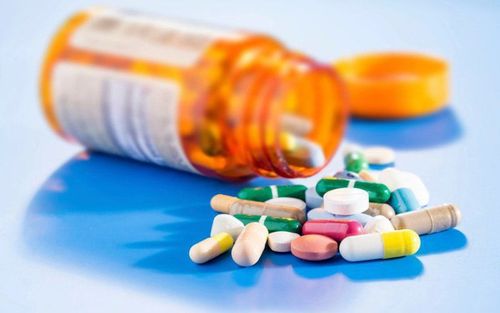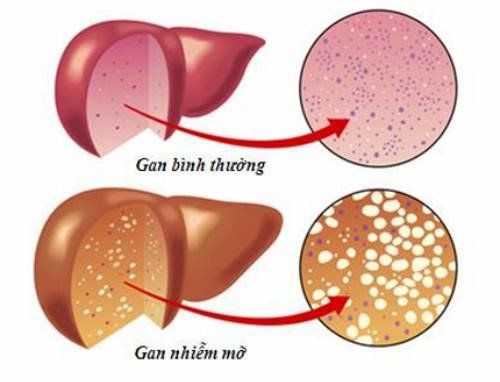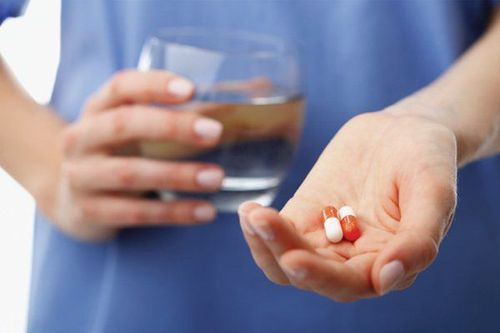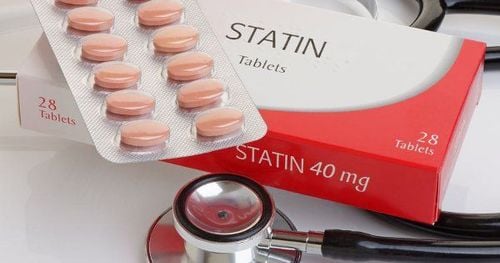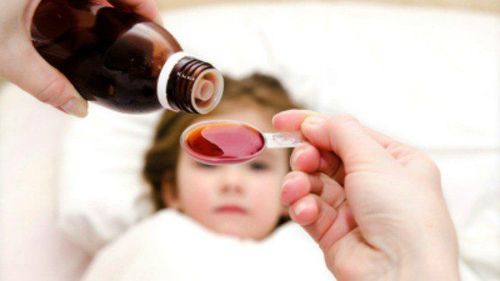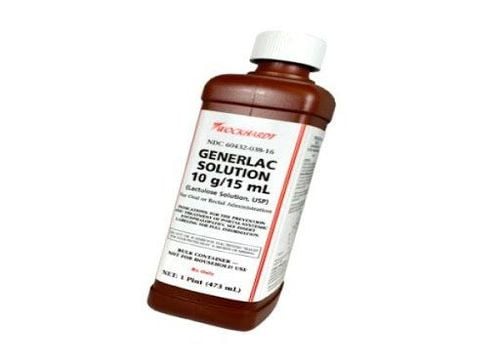This is an automatically translated article.
Posted by Pharmacist Nguyen Huy Khiem - Faculty of Pharmacy - Vinmec Times City International General Hospital
Paracetamol and non-steroidal anti-inflammatory drugs (NSAIDs) are the two groups of drugs most commonly used to lower body temperature in patients with fever. These drugs are mainly metabolized in the liver before being eliminated from the body.
1. Note when using antipyretic drugs for people with liver disease
In the case of patients with liver diseases, the metabolic activity - drug elimination will be impaired; this may increase the unwanted effects of the antipyretic used. Therefore, in patients with impaired liver function, the following points should be noted to ensure the effectiveness and safety of fever reduction for patients.
Prioritize non-drug fever-reducing measures: The patient can take some of the following measures to lower body temperature as well as relieve uncomfortable symptoms caused by fever: wipe the body with a warm towel ( prioritize positions such as armpits, groin); wear thin, light, airy clothes; drink Oresol solution or fruit juice in sufficient quantity to avoid dehydration and electrolytes,...
It is only necessary to use antipyretic drugs if the body temperature is ≥ 38.5 degrees Celsius: A common fever is a beneficial response of the body, creating favorable conditions for the immune system to increase activity to eliminate pathogens. In general, it is only when the body temperature is higher than 38.5 degrees Celsius that it will cause adverse effects on the body such as severe dehydration, electrolyte disturbances, convulsions, shock... Then, we need to apply it. more aggressive antipyretic measures (such as taking antipyretics) to limit the above complications caused by high fever.
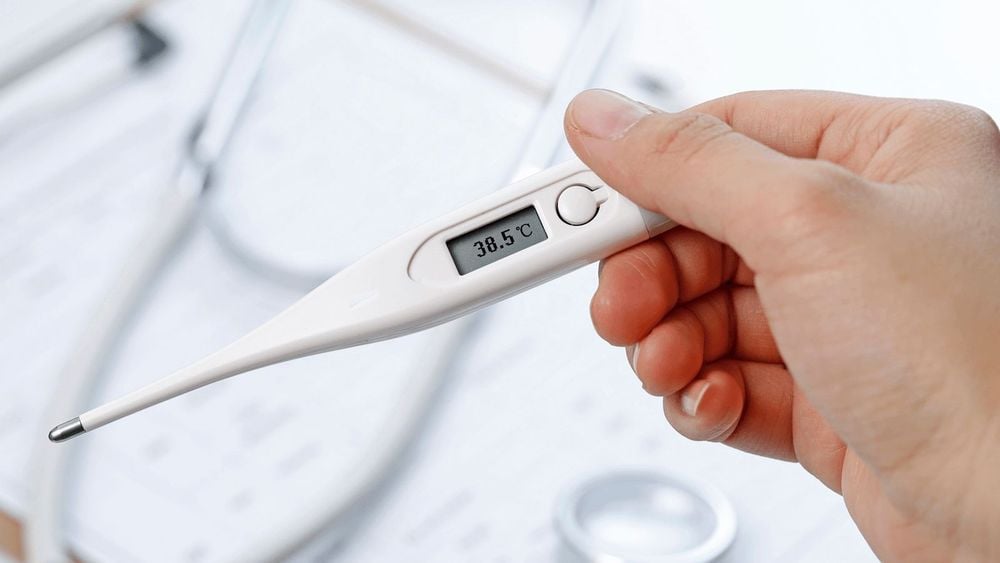
Người bệnh chỉ dùng thuốc hạ sốt khi cần thiết
The first choice antipyretic drug is paracetamol (acetaminophen). In patients with impaired liver function or alcoholism, the maximum recommended dose is 2000 mg/day (compared to 4000 mg/day in the general population). The reason is that in patients with liver disease, the amount of glutathione (which neutralizes the metabolic toxicity of paracetamol) in the liver is reduced, increasing the risk of liver damage and acute liver failure if it is still present. Use the usual dose of paracetamol. In addition, on the market there are many brand-name drugs containing paracetamol, it is necessary to carefully consider the composition and content of the antipyretic drugs used. to the error causing an overdose.
Non-steroidal anti-inflammatory drugs (NSAIDs) are also common drugs used to reduce fever with common representatives being ibuprofen and aspirin (acetylsalicylic acid - ASA). The usual antipyretic dose of ibuprofen is 400 mg/time (not to exceed 3200 mg/day), and that of aspirin is 325-1000 mg/time (not to exceed 4000 mg/day). It should be noted that the liver is the main organ responsible for metabolizing these two drugs for elimination from the body, so if the liver function declines, it will lead to the risk of accumulation of drug concentrations, increasing the risk of drug abuse. patients encountered undesirable effects, including gastrointestinal bleeding, nephrotoxicity, exacerbation of ascites, edema in cirrhotic patients,... Therefore, in patients Patients with advanced chronic liver disease or cirrhosis should avoid using NSAIDs for the purpose of reducing fever.
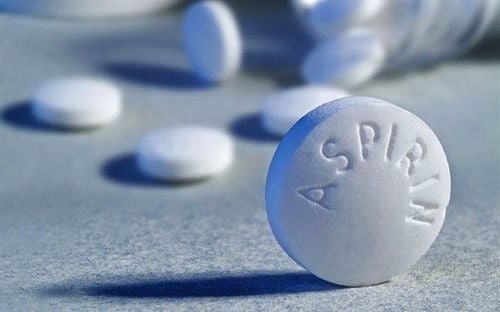
Thuốc aspirin thuộc nhóm NSAIDs
In case the patient has a persistent fever (> 3 days) of unknown cause, a persistent high fever (> 39.5 oC) that does not respond to antipyretic measures, or is accompanied by severe unusual symptoms, it is necessary to hurry. Quickly bring the patient to a medical facility to determine the cause and have appropriate treatment.
Currently Vinmec International General Hospital has Hepatobiliary Screening packages, which help detect liver diseases at an early stage even when there are no symptoms. In addition, the comprehensive hepatobiliary screening package helps customers:
Evaluate the liver's ability to work through liver enzyme tests; Evaluation of bile function; vascular nutrition; Early screening for liver cancer; Perform tests such as Total blood cell analysis, blood clotting ability, screening for hepatitis B, C Assessment of liver and biliary status through ultrasound images and diseases that are at risk of affecting liver disease / liver disease. more severe liver disease In-depth analysis of parameters to evaluate hepatobiliary function through laboratory and subclinical tests; the risk of affecting the liver and early screening for hepatobiliary cancer

Khám sàng lọc bệnh lý gan mật tại Vinmec giúp bạn phát hiện sớm bệnh lý bất thường
To register for examination and treatment of hepatobiliary diseases at Vinmec International General Hospital, you can contact Vinmec Health System nationwide, or register online HERE.





